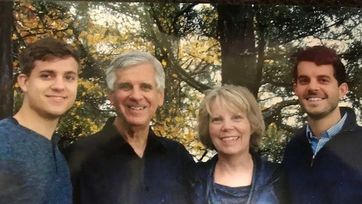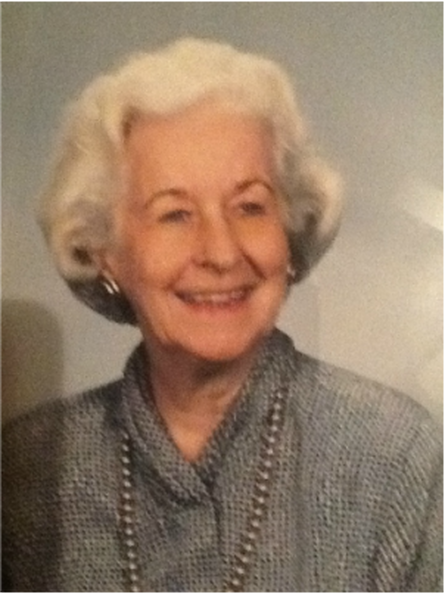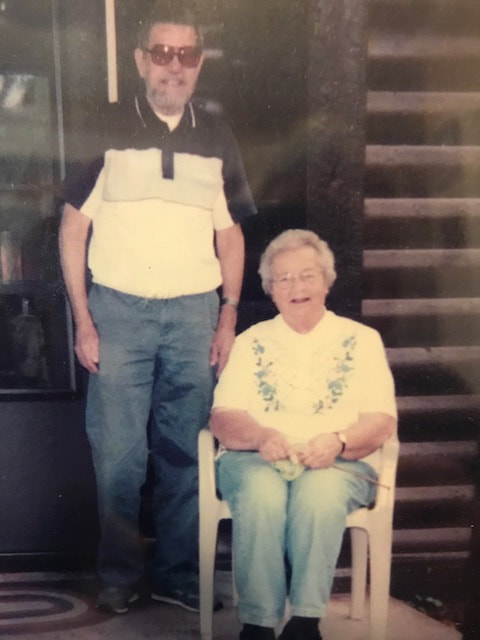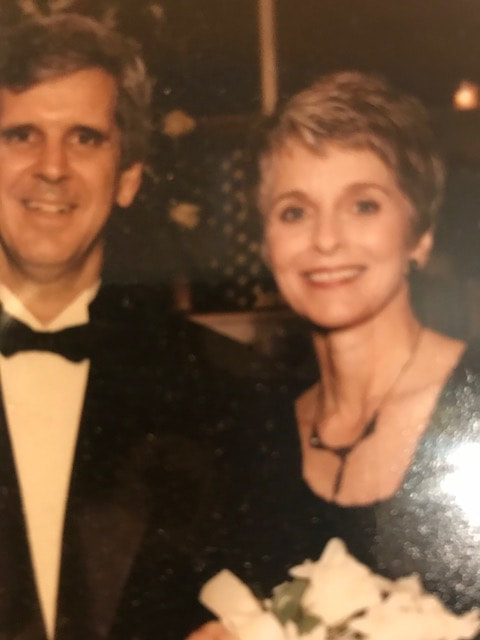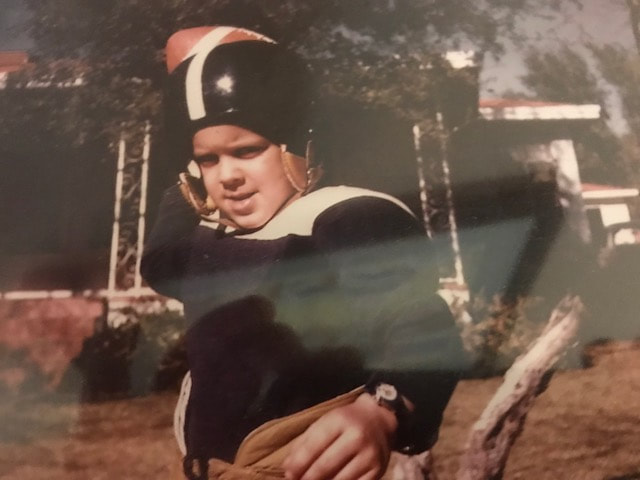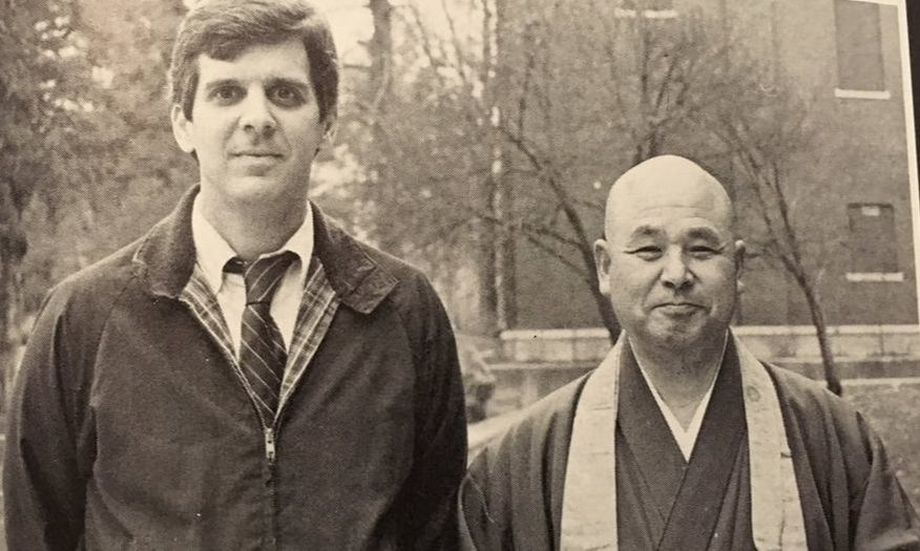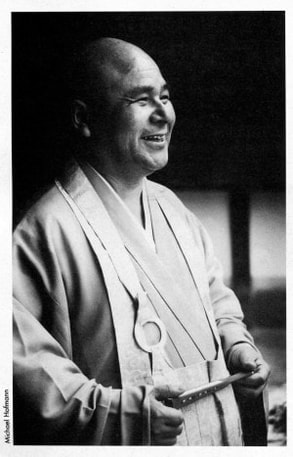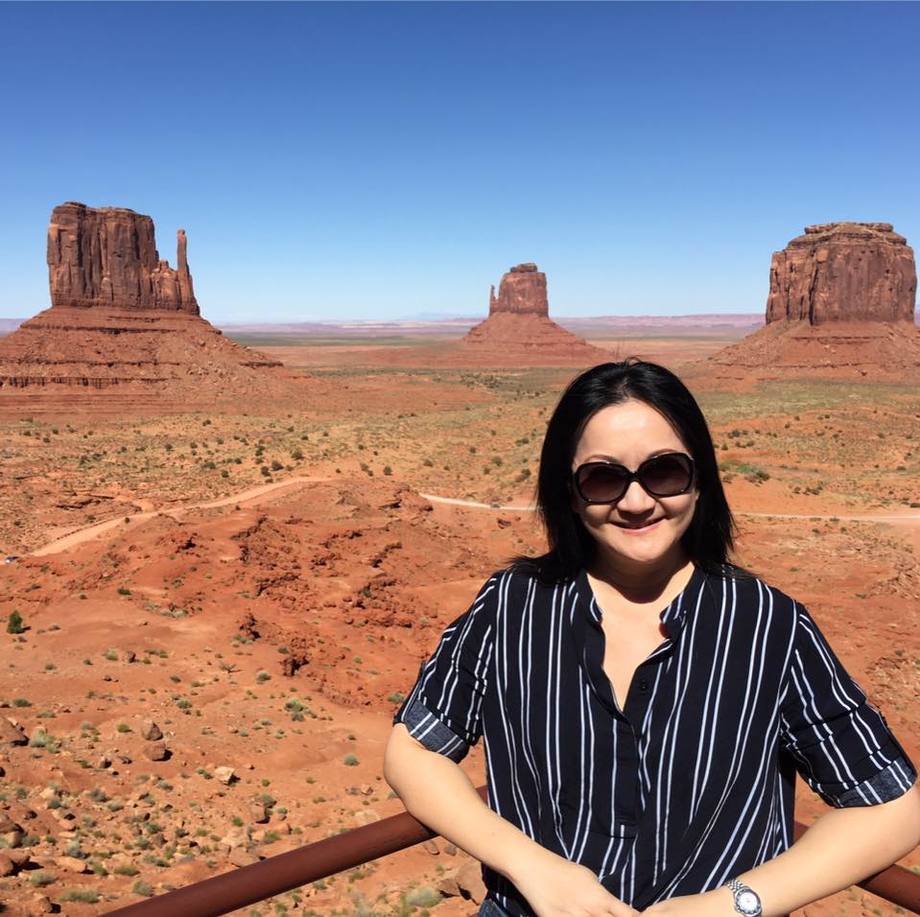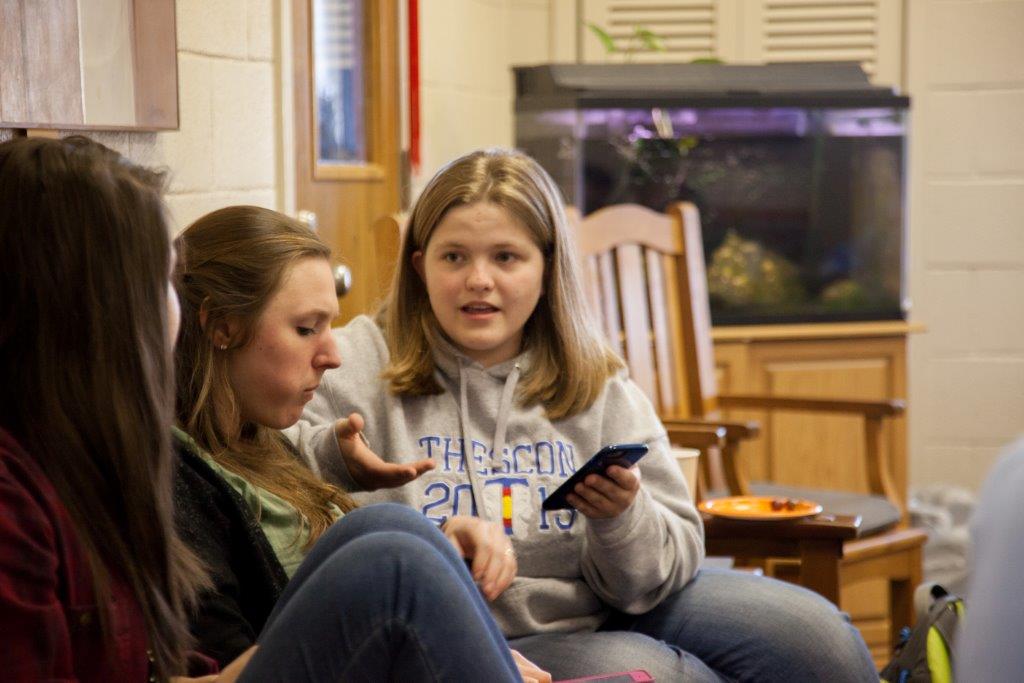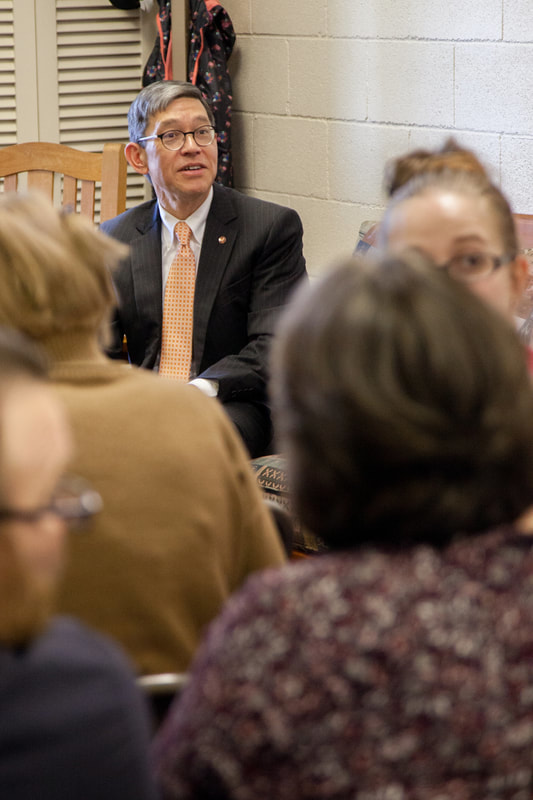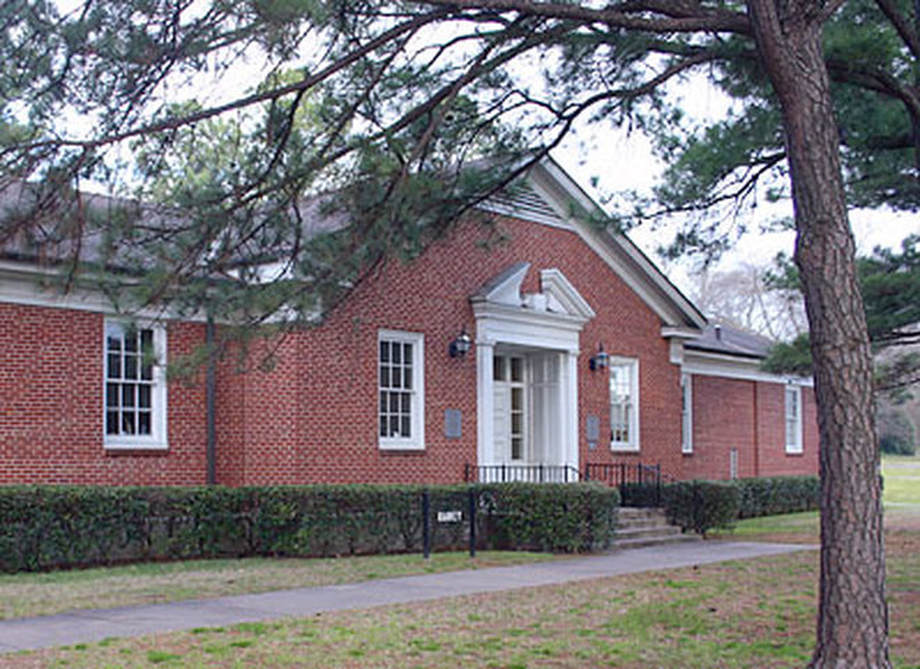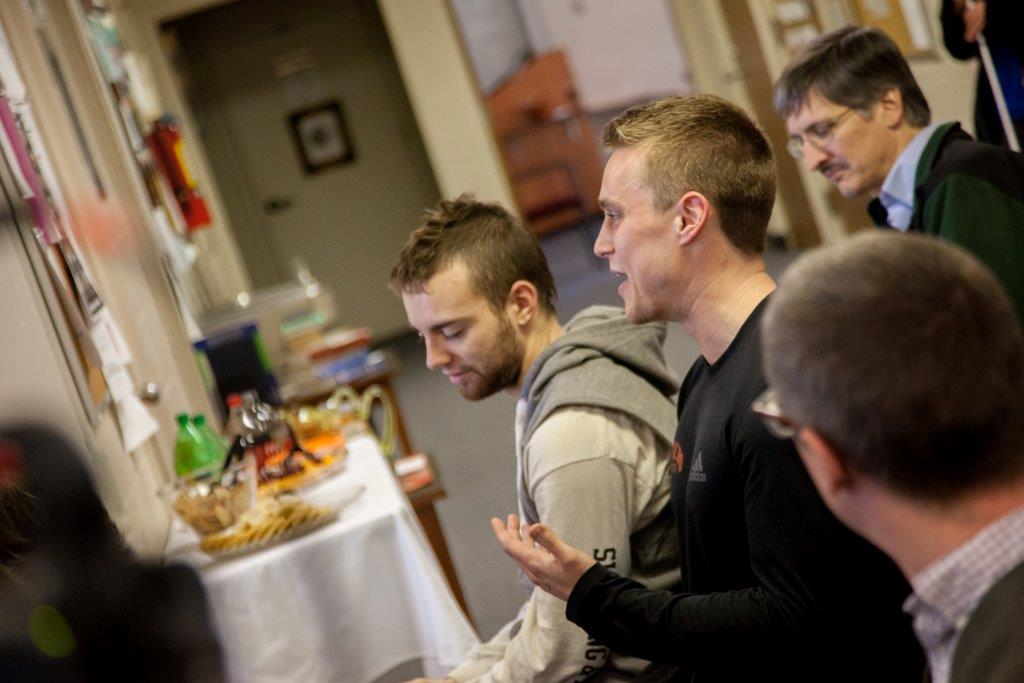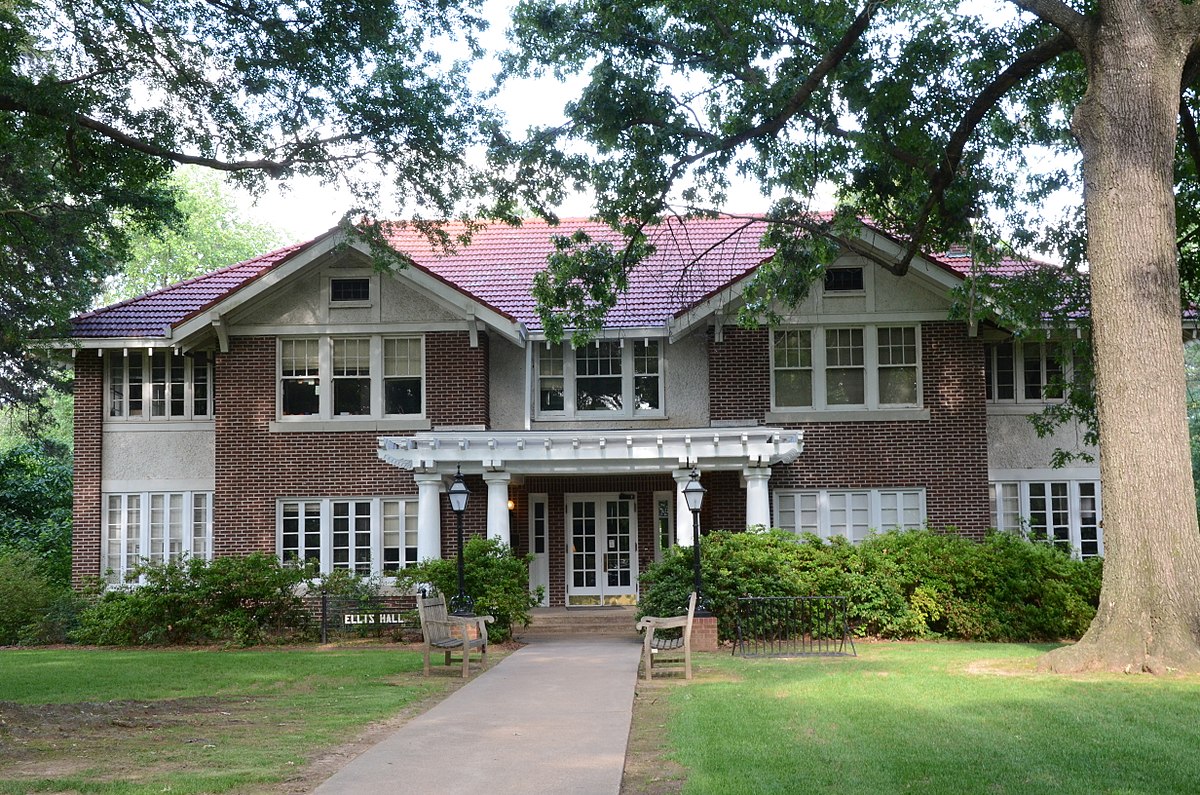Scraps of Light and Light Givers
in the life of a retiring Religion Professor
My "Last Lecture" at Hendrix College
Jay McDaniel (April 21, 2018)
Collecting Light
By Deborah Cooper
|
I see the way the chickadees
take turns at the feeder. I watch a neighbor take her husband’s hand. I see the way the sun will find the only interruption in dark clouds to toss this amber light across the pines. I see a row of cars stop on the road until the orange cat has safely crossed, then take off slowly, should she change her mind. |
I watch the way my brother
lifts our mother from the wheelchair to the car, the shawl he lays across her lap. I save up every scrap of light, because I know that it will take each tiny consolation every day to mend the world. |
Introductions
Learning from a Zen Master
Learning from Students
Just one example: Florence Hn'g
a loving, creative, confusianist
(spelling intentional) who
made the whole richer.
Learning from Hendrix College
click here for remembering The Raney Building
How I've Changed
Over the years the Religion of Kindness and Beauty has become more
important to me even as I love the other wisdom traditions.
I have grown to appreciate this religion through family and friends,
hills and rivers, and the circumstances of life, both happy and sad.
At its heart is compassion, respect for others, and a love of life. Its social aim is
to help build what Martin Luther King called Beloved Community,
with respect for animals and ecology added.
As I see things, this religion is inwardly responsive
to what Martin Luther King calls "the arc of justice."
I think of this arc as the living spirit of God.
But we can also name it differently, or not name it at all.
The arc of justice is jealous for kindness, jealous for justice,
jealous for forgiveness, jealous for joy, but not jealous about names.
Along with King and so many others less well known, including many
sitting in this room at this moment, this religion is the better hope of the world.
In my own small way, helped by others and learning from them,
I hope to be a vessel for it in coming decades,
hammer by hammer, bell by bell, song by song,
all over this land (and others, too.)
Over the years I have grown ever more interested in what scholars call an implicit religion of daily life. An implicit religion of daily life is not a formal, institutionalized religion, but it can be combined with them, derived from them, and nourished by them. There many different kinds of "religion of daily life." Consumerism is one of them, for example, and patriotism is still another.
But I am interested one that keeps its distance form consumerism and patriotism, and leans in a fresh direction. I call it the Religion of Kindness and Beauty. It is more about practice than belief, but it has an inner dimension. It includes trust in the efficacy of beauty, a commitment to kindness as more important than material success, a love of diversity, humility, a capacity to make the best of difficult situations, and a commitment to what Martin Luther King. Jr. called Beloved Community. I see the living spirit of God in this religion, but also know that people can and do embody this religion without belief in God.
I think of it as a small flower that can grow in many different soils. At its heart is compassion, respect for others, and a love of life. I see it in people who are secular, people who are formally religious, people who are somewhere in between. It is, to my mind, the better hope of the world, and I believe each and all of the world's religions can help it grow. I find my way into the religion of Kindness and Beauty through Christianity, and know that others can find their way into it in different ways.
It is not about personal wholeness alone, but carries with it a social hope: namely that we can help build communities that are creative, compassionate, participatory, humane to animals, and ecologically wise, with no one left behind. If you read the statement of purpose of Hendrix College, my own view is that the aims of Hendrix are to help people grow into this kind of religion, without calling it religion. The word "religion" is related to the Latin word religare, from which we get our word ligament. A religion is something that ties together the strands of one's life. But the ties that bind the Religion of Kindness and Beauty are free and flexible. They adjust to new situations. They can be untied and retied in new circumstances.
-- Jay McDaniel (April 21, 2018)
But I am interested one that keeps its distance form consumerism and patriotism, and leans in a fresh direction. I call it the Religion of Kindness and Beauty. It is more about practice than belief, but it has an inner dimension. It includes trust in the efficacy of beauty, a commitment to kindness as more important than material success, a love of diversity, humility, a capacity to make the best of difficult situations, and a commitment to what Martin Luther King. Jr. called Beloved Community. I see the living spirit of God in this religion, but also know that people can and do embody this religion without belief in God.
I think of it as a small flower that can grow in many different soils. At its heart is compassion, respect for others, and a love of life. I see it in people who are secular, people who are formally religious, people who are somewhere in between. It is, to my mind, the better hope of the world, and I believe each and all of the world's religions can help it grow. I find my way into the religion of Kindness and Beauty through Christianity, and know that others can find their way into it in different ways.
It is not about personal wholeness alone, but carries with it a social hope: namely that we can help build communities that are creative, compassionate, participatory, humane to animals, and ecologically wise, with no one left behind. If you read the statement of purpose of Hendrix College, my own view is that the aims of Hendrix are to help people grow into this kind of religion, without calling it religion. The word "religion" is related to the Latin word religare, from which we get our word ligament. A religion is something that ties together the strands of one's life. But the ties that bind the Religion of Kindness and Beauty are free and flexible. They adjust to new situations. They can be untied and retied in new circumstances.
-- Jay McDaniel (April 21, 2018)
Songs Sung at Last Lecture
The Moon Represents my Heart:
|
If I Had a Hammer:
|

